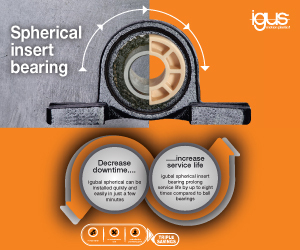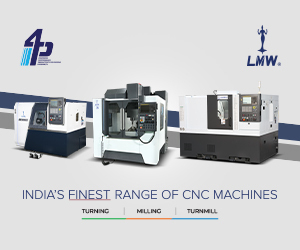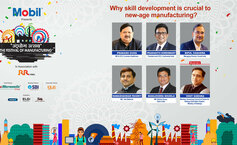
The All India Survey on Higher Education (AISHE) of 2018-2019 indicated that merely 28.9 percent of women chose engineering programs. However, these statistics suggest that there is a growth in the number of women wanting to work in the engineering and manufacturing areas.
The automotive industry has traditionally been chosen as a career choice more by men than women, especially in manufacturing, and engineering. Women have been typically seen in what was considered as softer roles in management.
The All India Survey on Higher Education (AISHE) of 2018-2019 indicated that merely 28.9 percent of women chose engineering programs. However, these statistics suggest that there is a growth in the number of women wanting to work in the engineering and manufacturing areas.
The shift reflects a cultural change, where gender roles and perceptions are gradually being discarded. The introduction of government programs such as Indo-U.S. Fellowship for Women in STEMM, Vigyan Jyoti and scholarships like PRAGATI are a few scheme to encourage women in engineering helps to increase this number further.
Another factor influencing women to take up jobs in the automotive sector is the transformation in the automotive industry itself. The megatrends, such as autonomous mobility, electrification, and connected mobility, have paved the way for increased software content within the vehicle. Thus, the required skill sets of an engineer have broadened and evolved as well. With this transformation, the traditional gender-based roles are diminishing and creating opportunities for women with specific software expertise. Today, organizations are consciously initiating special programs to achieve better gender diversity, especially in leadership roles. Such programs include re-skilling, up-skilling, focused training, leadership, and Intrapreneurship skill development. While the employee benefit policies such as maternity, flexible work hours, and mobile work supports women's career greatly, regardless of lifestyle changes. Let's take a look at two exemplary women leaders working at Continental Automotive.
Setting new technological benchmarks
Sirisha, Head Industrial Engineering & New Product Launch at Continental Automotive India is one such inspiration for a lot of aspiring women wanting to take up the technical and manufacturing role. In her role, she is responsible for developing concepts for manufacturing and product launches, capacity planning, and defining the technology roadmap for manufacturing.
She joined Continental in 2008 as a Technical Project Leader and went on to assume the role of Regional Competency Center Head - Access Systems. In her career spanning 16 years, Sirisha has won several accolades and recognitions. Women like her in the automotive industry ‘bring a typical trait that balances mechanics and technology with innovation'.
Anupama Raman is the Global Head of Software Academy, comes with over 17 years of experience. She is responsible for devising strategies that define the directions for the functioning of Software Academy. Software Academy is a software technology enabler for Continental Automotive that is focused on developing the learning needs of the software engineering community through various formats like E-learning, classroom learning, coding challenges, micro-learning, and webinars, etc. The primary objective of this setup is to provide continuous learning and upskilling opportunities for software engineers. Anupama believes that ‘women should be given a fair chance to explore their capabilities, and this will result in new technological benchmarks in the automotive sector'. With more women leaders in decision making roles, the automotive industry is set to a new direction and sustainable growth.
END

































